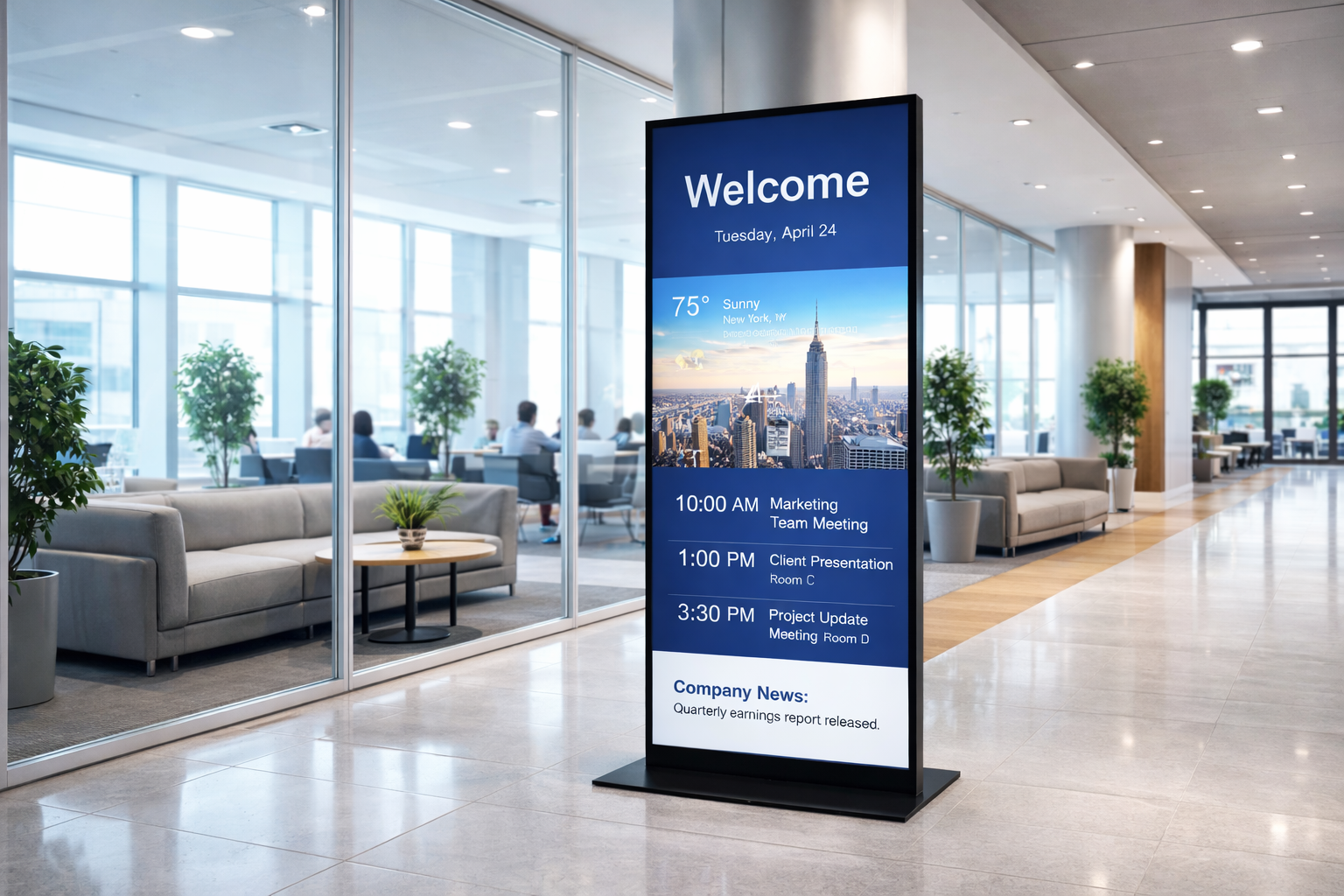Flexible Scheduling: Managing Teams Conference Rooms for Remote and On-Site Employees

In today's dynamic work environment, where remote and on-site employees collaborate seamlessly, the need for flexible scheduling and effective conference room management has never been more critical. With the rise of remote work and hybrid teams, organisations are redefining the way they manage their conference rooms to accommodate the diverse needs of their workforce. In this article, we will explore the importance of flexible scheduling and share insights on managing teams and conference rooms for remote and on-site employees to enhance productivity and efficiency.
The Challenge of Managing Remote and On-Site Teams
The modern workplace is evolving rapidly, with a growing number of employees opting for flexible work arrangements. Organisations have embraced remote work, allowing employees to work from home or from satellite offices. However, this shift has also presented a unique challenge: how to manage teams and resources effectively in this hybrid work model.
Scheduling Conflicts: Managing team meetings and ensuring that remote and on-site employees can collaborate can be challenging. Scheduling conflicts often arise when teams are not in sync, leading to decreased productivity.
Resource Allocation: Efficient utilisation of conference rooms and resources is essential. Remote employees may need access to meeting rooms while on-site employees use them for in-person meetings.
Communication Gaps: Effective communication is essential for remote teams. Without proper scheduling and room allocation, miscommunication and missed opportunities can occur.
Flexible Scheduling: A Solution for Modern Workforces
Flexible scheduling is a key solution to the challenges of managing teams and conference rooms for remote and on-site employees. Here's how it can benefit your organisation:
Streamlined Collaboration: By implementing flexible scheduling solutions, you can ensure that teams can collaborate effectively, regardless of their location. Tools like digital calendars and scheduling apps enable employees to book meeting rooms and invite remote colleagues with ease.
Optimised Resource Management: Flexible scheduling software can help you maximise the use of conference rooms and resources. You can allocate meeting spaces based on demand, ensuring that rooms are not underutilised or overbooked.
Enhanced Communication: Efficient scheduling and room management enhance communication. Remote employees can easily check room availability, join meetings virtually, and stay updated on in-person meetings, reducing communication gaps.
Managing Teams in a Hybrid Work Environment
In addition to flexible scheduling, there are several strategies to effectively manage teams in a hybrid work environment:

Clear Communication Channels: Ensure that communication channels are clear and accessible for both remote and on-site employees. Use collaboration tools, like video conferencing and messaging platforms, to keep everyone connected.
Equal Opportunities: Create an equal playing field for remote and on-site employees. This means providing remote workers with the same access to resources and opportunities as their in-office counterparts.
Training and Support: Offer training and support to employees to help them navigate the hybrid work environment. This includes guidance on scheduling, using collaboration tools, and optimising conference room bookings.
Feedback Mechanisms: Establish feedback mechanisms to gather input from employees. This can help identify challenges and refine your approach to managing teams and conference rooms.
Flexible scheduling and effective management of teams and conference rooms for remote and on-site employees are crucial for success in today's evolving work landscape. By embracing flexible scheduling, optimising resource allocation, and implementing best practices, organisations can ensure that their teams work seamlessly, regardless of their physical location. In doing so, they can enhance productivity, foster collaboration, and adapt to the changing demands of the modern workforce. Contact DVI Solutions today to begin!
.png)
Common AV Mistakes Companies Make & How to Avoid Them
.png)
What Digital Transformation Looks Like with NetSuite, Freshdesk & Salesforce

